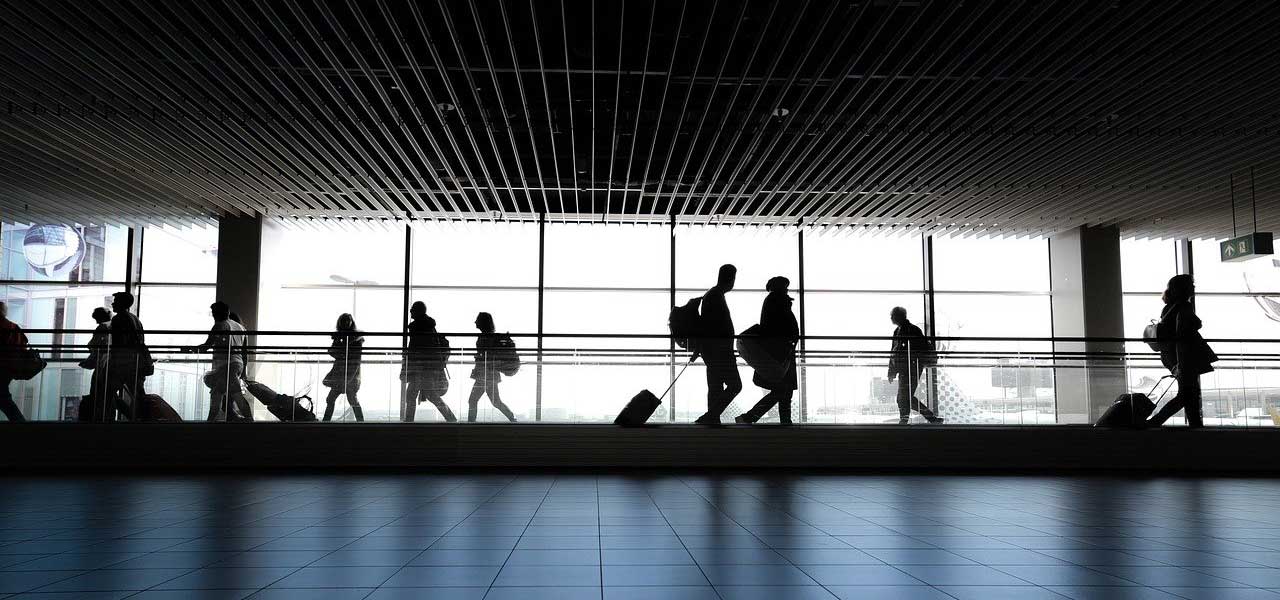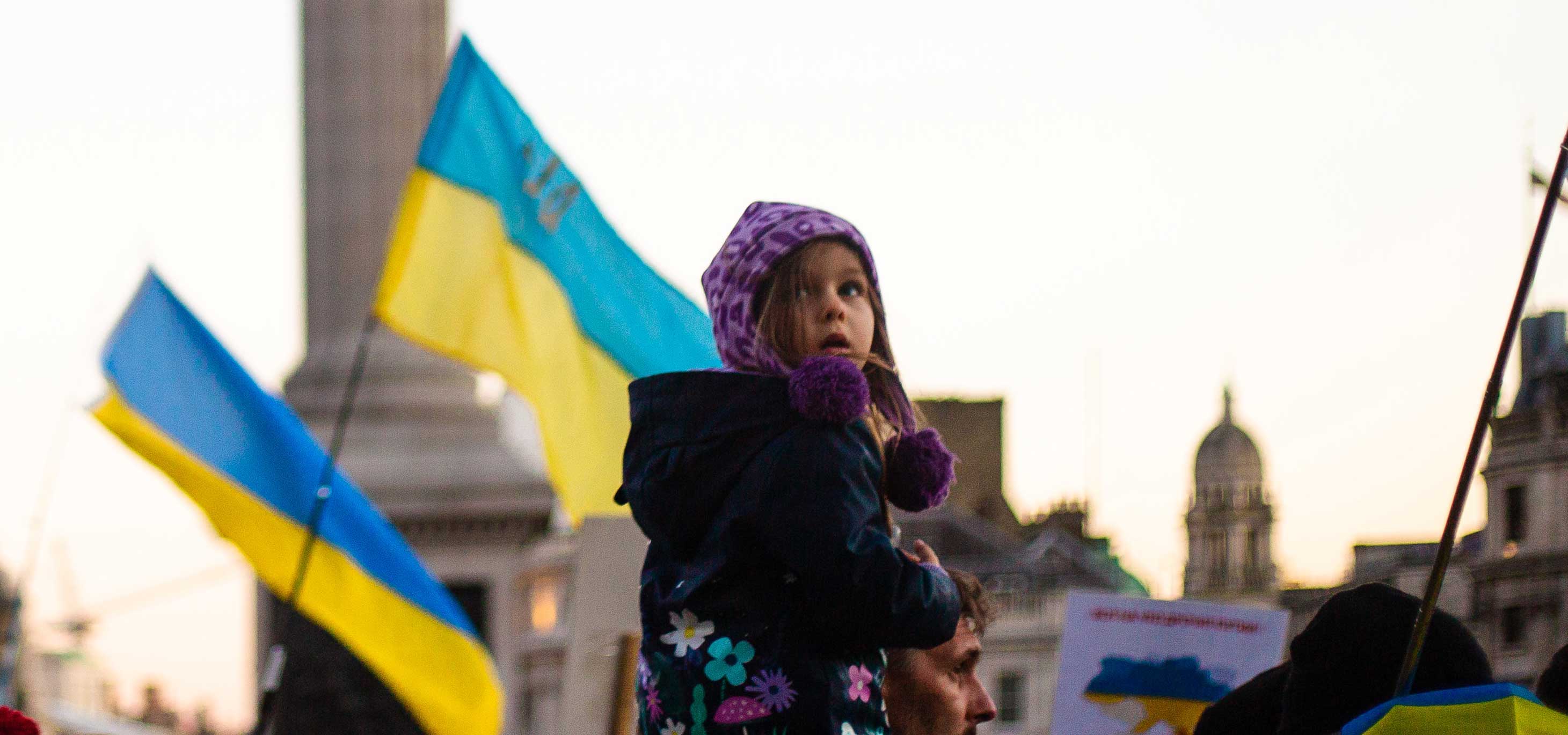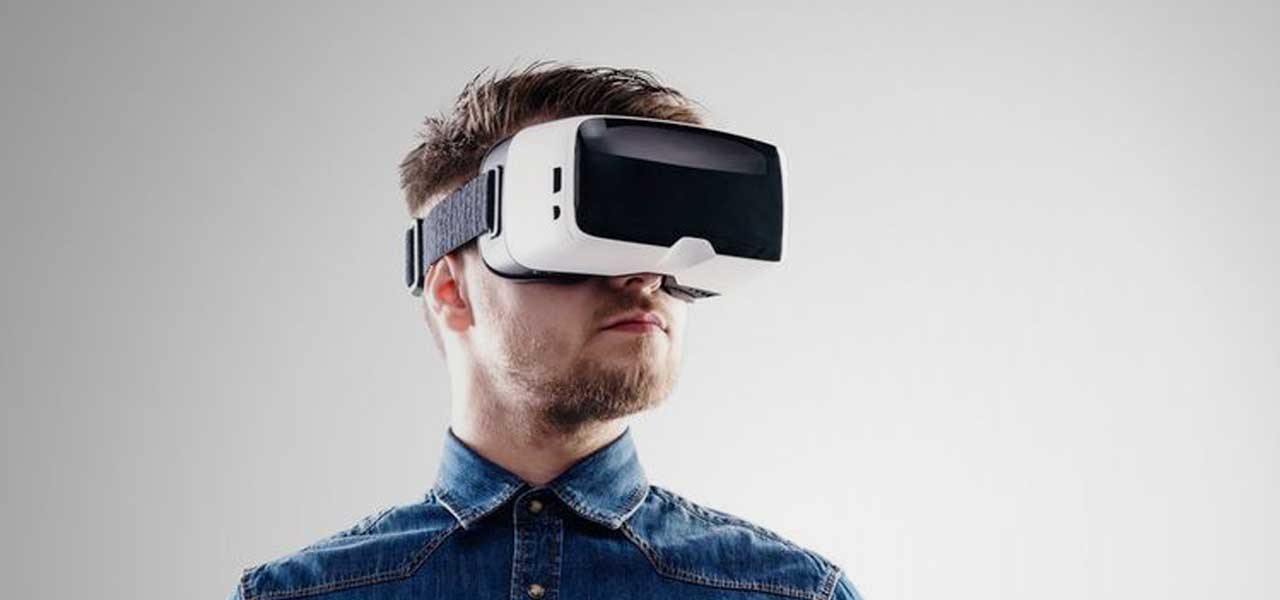Is it really racism or scapegoating driven by anxiety?
There are an increasing number of articles in the news reporting a seismic rise in discrimination towards the Asian and Chinese community since the emergence of Coronavirus.
A pertinent question that hangs in the air must be; has Coronavirus made us more racist or are we perhaps using a strategy designed to make us feel safer in these uncertain times?
The truth is, it does look a lot like racism if a Chinese person steps onto a tube and other commuters fall over each other as they hastily try to exit the carriage. Regardless, labelling such action as racism, right now, may be unhelpful and incorrect. All mislabelling achieves is to fuel further unease and that may lead to racism.
The truth of the matter
The truth of what is happening in communities, in transport hubs, in schools, etc, is better described as ‘scapegoating’ of a group.
The purpose of groups has been understood by anthropologists and sociologists for centuries. Put simply, Groups provide a sense of togetherness, a sense of belonging and above all, protection. Protection from the ‘Other’.
The ‘Other’ being anyone, object or thing, that does not fit the group profile.

The role of the group
It was many decades ago that Allport one of the seminal grandees of group theory wrote that:-
“A child as young as five is capable of understanding that he is a member of a various group. He is, for example, able to grasp a sense of ethnic groups. He develops fierce loyalties.
These loyalties to our group or tribe remain largely and safely submerged under the surface. When stress, anxiety or despair appear, usually in the form of war, disease or shortages, our group loyalties and assumptions suddenly come to the surface. Make no mistake, our group identity can become aggressive, protective and rigid. For the most part, our assumptions are not available to rational examination and we are all guilty of this to varying degrees.
Why do we do it? The answer is simple
Being a member of an ‘In’ group makes us feel less anxious and more in control. Of course, we are not fully aware of this. Currently, the Asian community are being viewed as the ‘Out’ group.

Group Thoughts and Assumptions
Wilfrid Bion, one of the first to focus on the role of a group considered that there are basic assumptions to any group.
These assumptions are designed to relieve anxiety, to protect and to guide group members. Inherent in this are behaviours that can be highly adaptive.
If and when groups feel threatened, they tend to become either a Fight/Flight Group or they practice Group on Group Scapegoating.
This explains well what is happening in cities and towns currently against a background of anxiety about Coronavirus.
Building on thought
Basic trauma psychology tells us that if you can’t fight or flight a danger (as is the case with Coronavirus), then another strategy is needed and quickly. A strategy is needed to reduce a growing anxiety level and to restore a feeling of being in control.
The strategy of scapegoating is especially useful for this. If we short-sightedly pass blame onto the Chinese for Coronavirus or we view all Asians as ‘disease spreaders’, this seemingly racist practice and untrue assumption serves two purposes.
Firstly, we are defining a base or concept that we can build a construction on.
(The concept is – Asians have disease, we must stay away. This makes us feel safer.) The concept begins to drive a marginalisation process and is often misinterpreted as racism.
Common sense tells us, that it is unlikely to be from a “racist perspective,’ that an air BnB business cancelled a reservation from a Chinese person. Neither is it, the reason that I cancelled an assessment of an individual who had returned from China two days before her booked assessment .
(Of course it is a fact that there is racism and discrimination in society. However the present increase in wariness towards our Asian friends is largely not due to racism. It is born from fear.)
So, we have developed a thought base, (that all Asians are potential carriers of a deadly virus) and having done that we are able to construct an understanding about coronavirus transmission, even if that understanding has little truth. Remember factual truth has minimal relevance in scapegoating.
The point is, our construction, has made us feel more in control and ultimately safer.
Expressed plainly, the unconscious rule is, “I must stay in my own group and keep away from the other group and I will be fine’. This makes us feel safer. However, it is flawed, (an attribution error), but we are just ‘relieved’ to feel in control again.
Attributions are often too narrow
The problem is we have a tendency to confuse people who are sick with healthy people and that is what makes it discriminatory. Gilbert Gee, a professor at UCLA’s Fielding School of Public Health’ says , “When you single out whole groups of people that’s what makes it discriminatory. Yes, but we do it automatically.
The point where fear about public health ends and Sinophobia and Xenophobia begin is not always clear.
How can scapegoating of the Chinese be reduced?
A good way to reduce this scapegoating is through the sharing of correct, concise and current information about the virus. Scapegoating thrives on a lack of information and misinformation.
Correct concise and current information needs to be provided to the public by Government.
Right now, we see glib, smiley and seemingly contradictory assurances made by our elected leaders. They assure us of the competence and readiness of our NHS and HSE to deal with all eventualities.
Their rhetoric is vastly different from the views of leading clinicians in the field of virology and public health, the dedicated staff working in the front line and the majority of us who have attended casualty within in the last months. The public are not fooled easily.
Correct, consistent and concise information will reduce peoples need to huddle within “In Groups” in order to feel safe.
Remember, group adherence becomes a potent survival tool in times of fear, distress, and competition and that in itself usually becomes ugly and toxic.
Written by Dr Chrissie Tizzard Consultant Chartered Psychologist
Lighthouse Psychology
www.lighthousepsychology.ie




